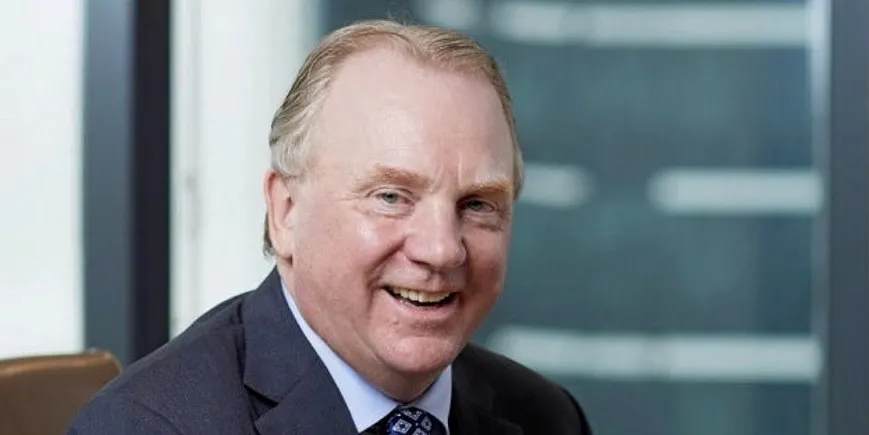Oil giants' pivot 'a blip – but they've lost control of the narrative': Worley CEO Ashton
Global engineering giant's chief 'sees no indication of backing away from transition' over long term, but says renewed investment in hydrocarbons 'challenging message' for oil & gas sector
